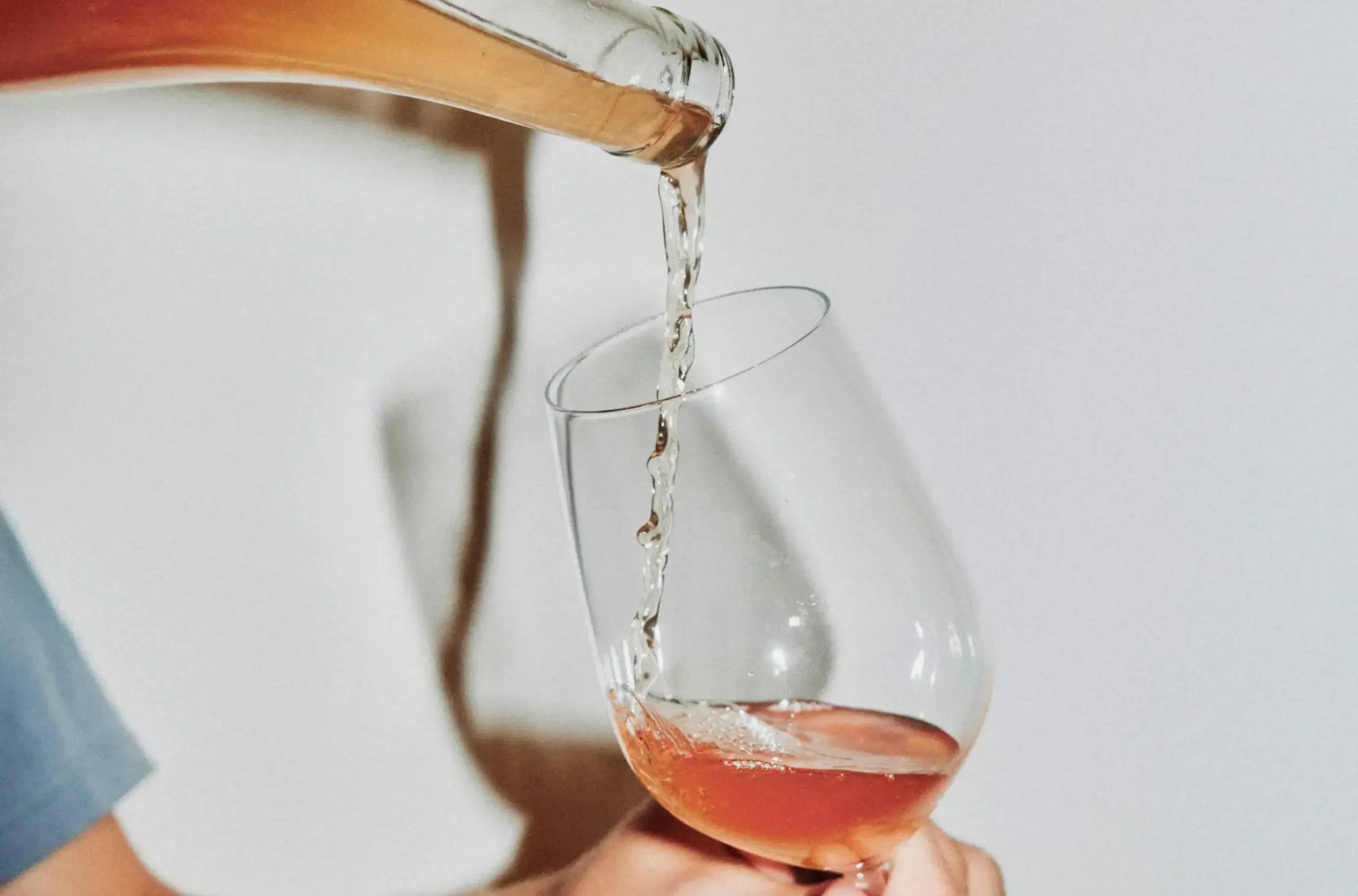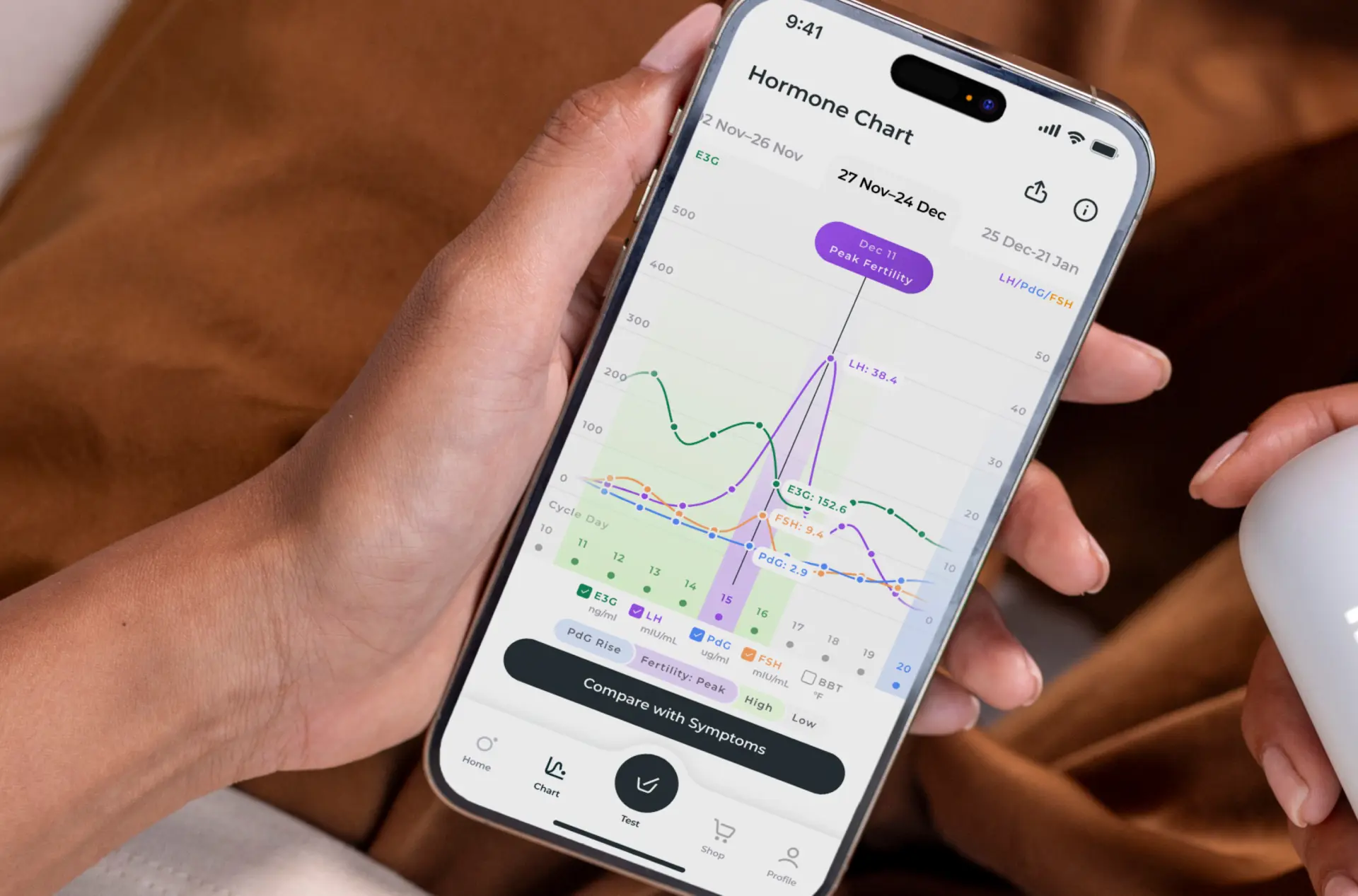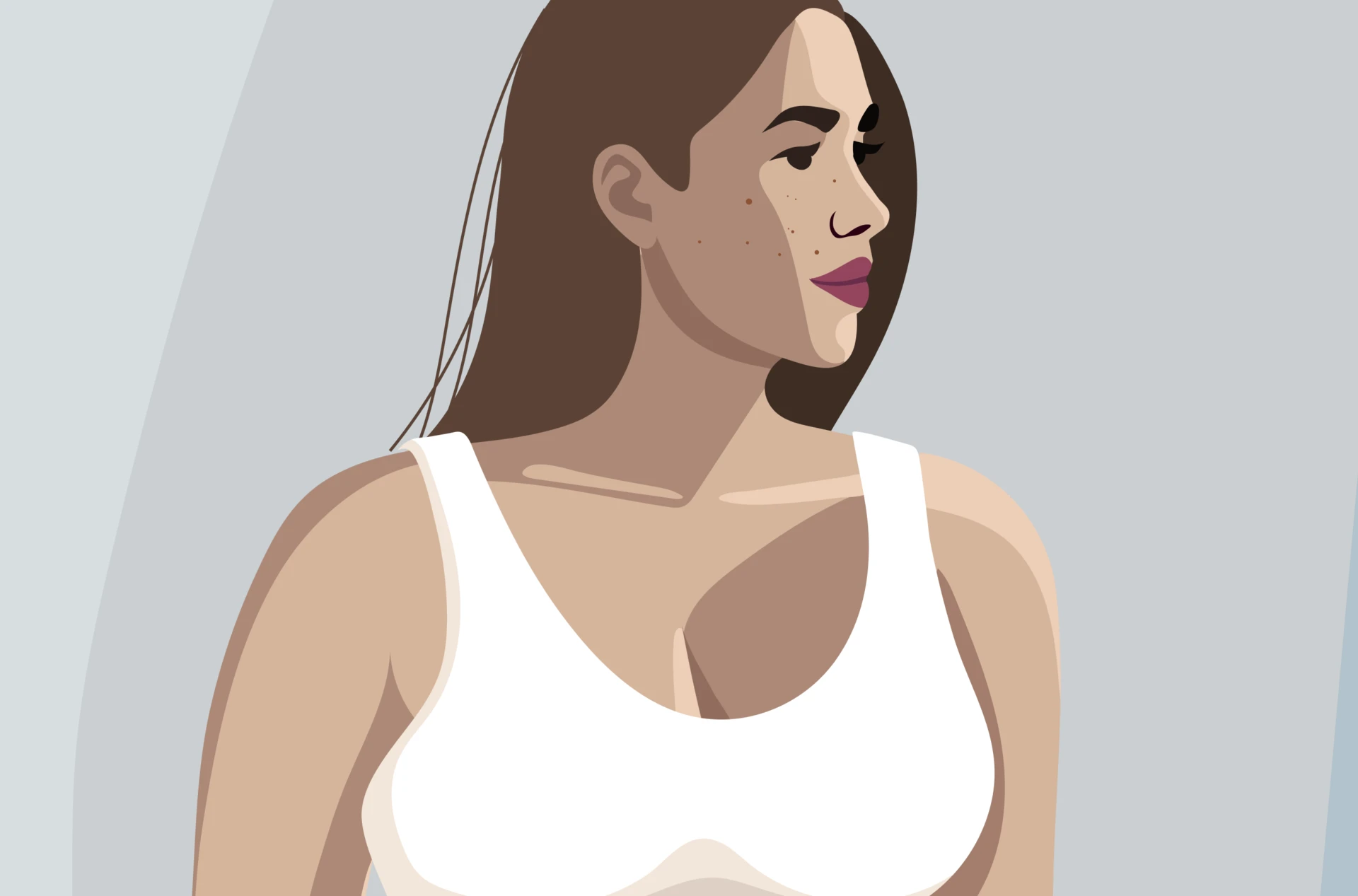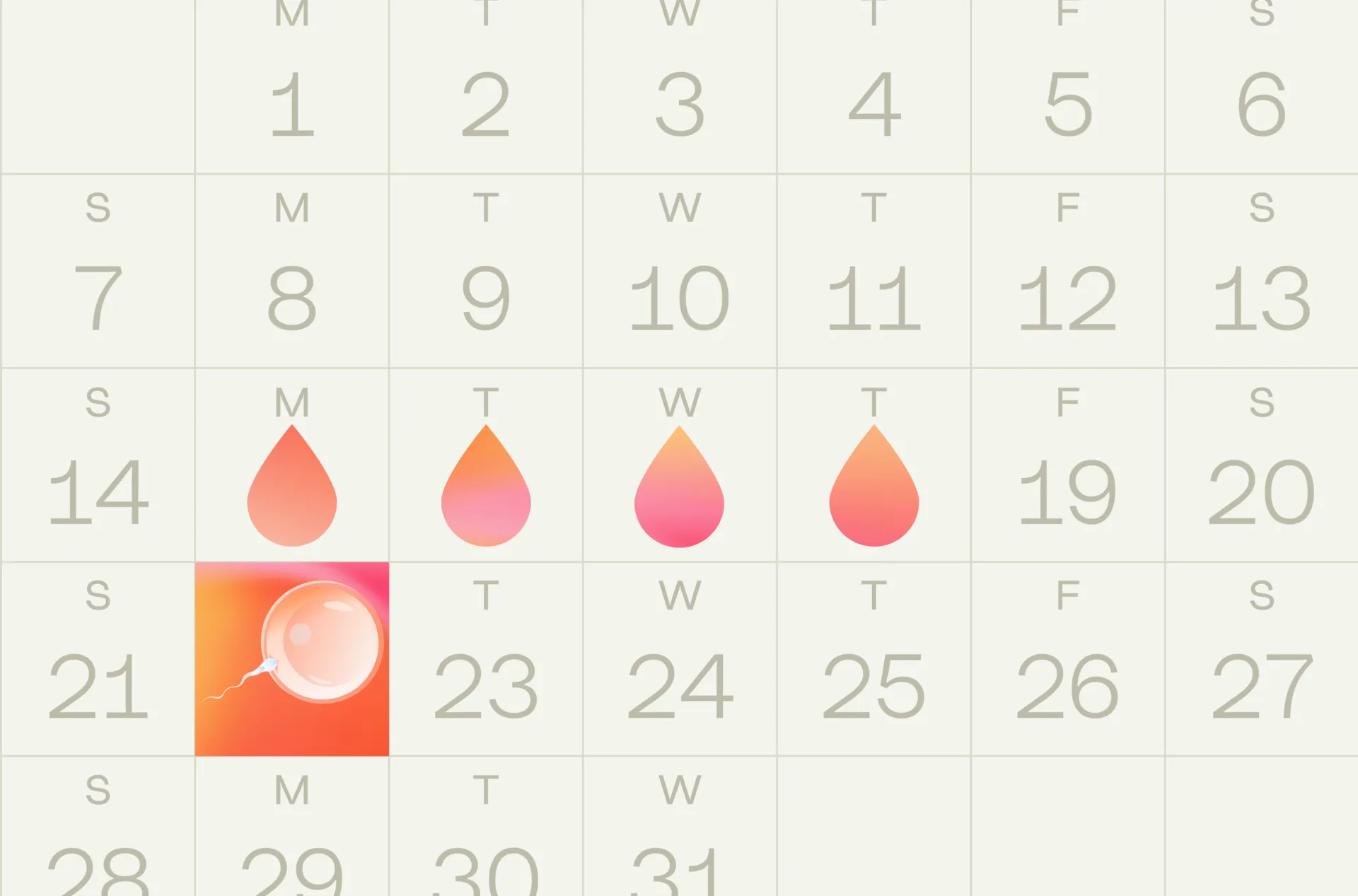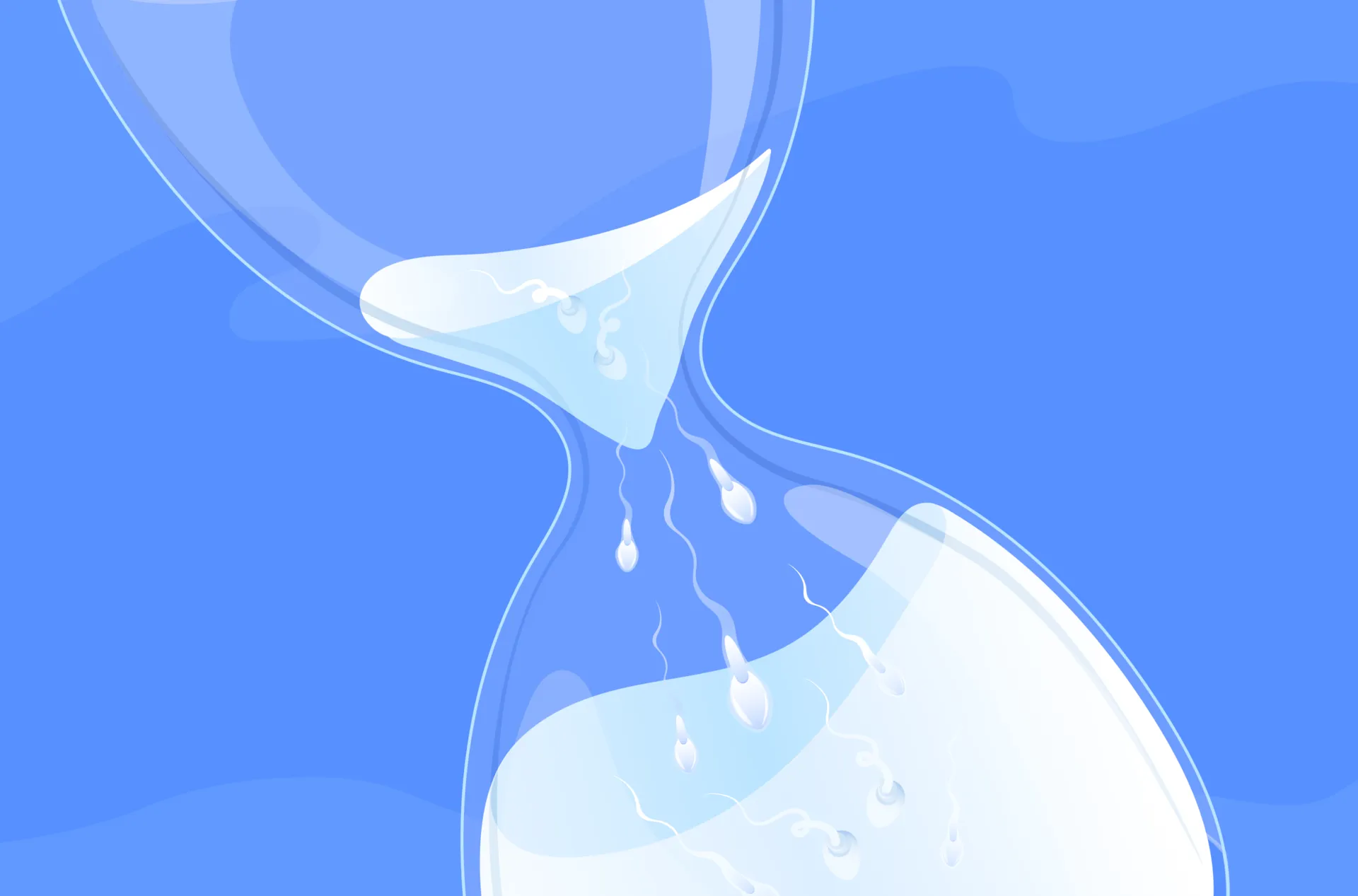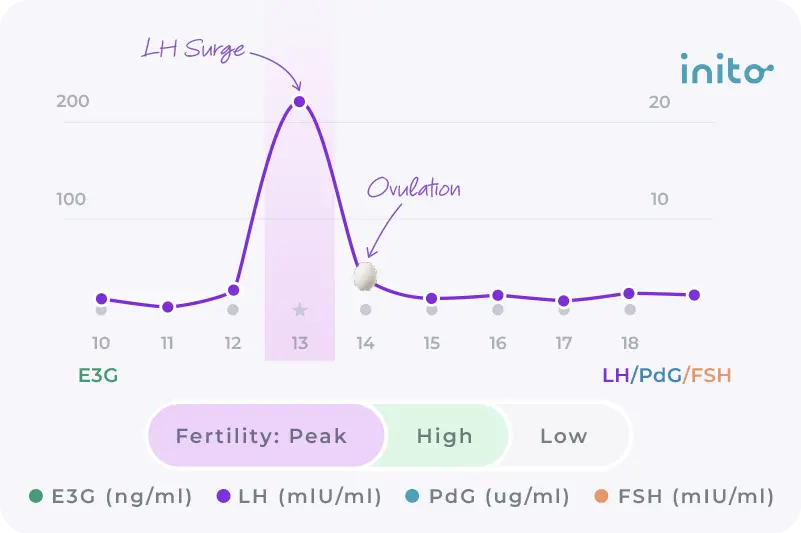Content table
Ever stopped to think about what that glass of wine or pint of beer might really be doing to your body – especially your hormones?
Many people ask, “ Does alcohol lower testosterone?” It’s a valid and important question, especially for men.
Here’s the truth. Alcohol can lower testosterone and cause problems for male reproductive health. It does this by messing with the testosterone hormone and even hurting how the testicles work.
In this article, we’ll break down the science behind alcohol’s effect on testosterone, explore short- and long-term consequences, and discuss what men can do to protect their hormonal health
Key Takeaways
- Alcohol intake can lower testosterone levels, especially with heavy or long-term drinking.
- Older studies show that moderate alcohol consumption does not have the same effect on testosterone levels. But more updated research on alcohol consumption in relation to testosterone levels is needed to solidify this.
- Alcohol intake can also affect other hormone levels. These include follicle-stimulating hormone and luteinizing hormone.
- Other things that can lower your testosterone levels, testosterone production, and lower the quality of your sperm include being overweight, excessive stress, or not getting enough sleep.
- Testosterone plays a huge role in male fertility, sperm production, sex drive, and mood.
- The link between low testosterone levels and sperm quality isn’t entirely clear.
- Decreased testosterone levels can make it harder to get pregnant. But it’s not the only factor that decides if you can have a baby.
- It’s possible to reverse alcohol’s impact on testosterone levels and testosterone production. You may be able to do this by making healthy lifestyle changes. These include cutting back on alcohol intake, exercising regularly, eating a balanced diet, and getting enough sleep.
- If you’re worried about decreased testosterone levels or fertility issues, talk to a doctor. They may suggest Testosterone Replacement Therapy (TRT).
Why Is Testosterone Important for TTC?
Testosterone is a key hormone. It helps with many things in your body, like building muscles, keeping your bones strong, and sperm production. And when you’re trying to have a baby, this important hormone does a lot for male reproductive health.
Drives sperm production (spermatogenesis)
First off, testosterone is essential for making sperm. It’s the main ingredient in the recipe for healthy sperm.
This primary male sex hormone works inside your testicles on special cells called Sertoli cells. These cells help baby sperm grow up and get ready for action.
So, for proper sperm production, you need good testosterone levels.
Supports libido and sexual function
Having a healthy sex drive is obviously important when you’re TTC.
Testosterone also helps with overall sexual function. Low testosterone levels can sometimes make you feel like not having sex as much. On top of that, it can lead to something called erectile dysfunction.
If these things happen, it can make it harder to time sex just right for getting pregnant.
If these things happen, it can make it harder to time sex just right for getting pregnant.
Helps maintain semen quality
Good testosterone levels may help keep your sperm healthy.
A clean bill of sperm health includes how many sperm you have (sperm count), how well they move (motility), and their shape (morphology).
But, experts are still researching this. More studies are needed to fully understand the link between healthy testosterone levels and healthy sperm.
Mood, energy, and motivation
Trying to have a baby can sometimes feel like a lot of work and stress. Testosterone dictates your energy levels, motivation, and how you feel overall.
When your hormones are balanced, it can help you stay positive and keep trying. This can make the journey to conception a little less tough.
Healthy testosterone levels can also help with overall mental health, too.
Does Alcohol Lower Testosterone and Affect Male Fertility?
The simple answer is: yes, it certainly can. This is especially true if you’re drinking a lot or for a long time.
Inside your testicles, there are tiny cells called Leydig cells. These are the cells that produce testosterone and then send it out into your body. Excessive alcohol consumption can hurt these Leydig cells. This means they can’t do their job as well. And this leads to decreased testosterone production. Over time, if you drink a lot, it can even cause your testicles to shrink. This condition is called testicular atrophy.
But there’s something important to remember. Decreased testosterone levels don’t always mean you can’t have kids. Low T does not directly cause infertility.
Your body makes sperm, and that process is helped by other hormones. The level of testosterone inside your testicles (where sperm is made) is actually much higher than the level in your blood. So, some men with blood tests that show low or borderline T levels might still have enough testosterone inside their testicles for sperm production.
Another thing, alcohol can also disrupt your Hypothalamic-Pituitary-Gonadal (HPG) axis. This can reduce testosterone production, and cause issues like decreased libido and erectile dysfunction.
Know more: Effect of Alcohol on Sperm
How Much Alcohol Is Too Much?
You’re probably wondering how much alcohol is considered “heavy” drinking when we’re talking about alcohol and testosterone levels.
An older autopsy study gave us some early clues about alcohol’s dose-dependent impact on sperm.
The study found that if you had a low alcohol consumption (10-40 grams of alcohol a day, or about 1-3 drinks/day), it didn’t seem to cause any problems with sperm.
But, if you moved to moderate alcohol consumption (40-80 grams or 3-6 drinks/day), there were mild negative effects on sperm maturation.
And if you went for heavy use (more than 80 grams or more than 6 drinks a day), sperm stopped developing correctly in about 20% of the cases.
More recently, research has helped us define what heavy alcohol consumption means today. For men, it’s considered more than eight drinks weekly, or more than 14 drinks a day. And for women, heavy alcohol consumption is more than 7 drinks weekly or more than 3 drinks a day.
What Are the Signs of Low Testosterone and Fertility Issues in Men?
Sometimes, the signs of low T can sneak up on you. They might seem like normal stress or just getting older. But knowing what to look for can help you figure out if you need to talk to a doctor.
These symptoms highly suggest low testosterone
Here are the clearest signs that your T might be low.
- Reduced sex drive: You just don’t feel as interested in sex as you used to.
- Erectile dysfunction: Trouble with getting or maintaining an erection.
- Loss of armpit and pubic hair: Your body hair might start to thin out or disappear.
- Shrinking testicles: Your testicles might become smaller.
- Hot flashes: Just like women can experience them, men with very low T can, too.
- Low or zero sperm count (azoospermia): This is a direct cause of male infertility.
These symptoms may suggest low testosterone
You might also notice other things that could point to low T.
- Depressed mood: Feeling down or sad more often.
- Difficulties with concentration and memory: Feeling foggy or having trouble focusing.
- Increased body fat: Gaining weight, especially around your belly.
- Enlarged male breast tissue (gynecomastia): Your chest might look a bit bigger.
- Decrease in muscle strength and muscle mass: You might feel weaker or notice your muscles aren’t as big as they used to be.
- Decrease in endurance: Getting tired more easily during physical activities.
These symptoms can vary a lot, and they might show up differently for different guys. They’re also dependent upon age. If you notice a few of these, it’s worth talking to your doctor.
Can the Effects of Alcohol-Induced Low Testosterone Be Reversed Naturally or Medically?
This is some good news! In many cases, if your low T is due to alcohol, you can turn things around.
But, it really depends on:
- How much and how long you’ve been
- drinking
- Your age
- Your overall health
- How quickly you get help
In general, if you are younger, in good health, haven’t been drinking for too long, and your T levels are mildly low, natural changes can make a big difference.
Natural ways to reverse alcohol-induced low testosterone
You might be surprised at how much your body can bounce back. Here are some simple yet powerful ways to help reduce low T naturally.
1. Cut back on alcohol consumption
There isn’t a lot of new research on exactly how long it takes for testosterone to fully recover after stopping alcohol. But, an older study offers hope.
When you reduce your alcohol intake or even try an alcohol free life, your testosterone production and levels can start to get better in just a few weeks.
This hold true even for heavy drinkers. If their liver wasn’t severely damaged, they could still see improvement in their testosterone production. However, it might take some time.
2. Exercise, especially resistance training
One study found that being physically active can make your testosterone levels go up right away.
Both cardio and strength training can help. In fact, when you do strength training, it tells your body to make more testosterone.
The key workouts for this are big movements like squats and deadlifts. The study found that testosterone went up after moderate or high intensity exercises. And also that it didn’t go up much after really easy exercises.
3. Maintain sleep hygiene
A study looking at men in the U.S. found that low testosterone was connected to getting older, not sleeping well, and having a higher BMI.
Testosterone levels usually hit their highest point when you’re sleeping. This typically happens during the first few hours. And they tend to go up during REM sleep, which is a deeper part of sleep.
So, anything that messes with your sleep, like sleep problems or working at night, can make your testosterone levels drop.
4. Manage stress
When you’re stressed, your body makes more cortisol. Cortisol and testosterone are like opposites: when one goes up, the other often goes down. High cortisol can also make you hungrier, gain weight, and store more fat around your belly.
So, to keep your hormones balanced and stay healthy, it’s important to find ways to deal with stress.
Here’s how to keep cortisol in check and your testosterone production and levels stable.
- Regular exercise
- Getting enough sleep
- Trying calming activities like deep
- breathing or mindfulness
5. Eating a healthy diet
What you eat also plays a big role in your hormone and testosterone production.
A study looked at young men and found a link between lower testosterone production and issues with eating, like binge eating.
This shows that healthy eating isn’t just about weight; it’s about your hormones, too.
Making sure you eat a good mix of carbs, proteins, and healthy fats is important for your body to produce testosterone as well.
Medical ways to reverse alcohol-induced low testosterone
For some men, natural changes might not be enough. In these cases, a doctor might suggest medical help to get their hormone levels back in balance, like Testosterone Replacement Therapy (TRT).
This kind of therapy can help with symptoms of male hypogonadism and testosterone deficiency.

FAQs
No, alcohol doesn’t “kill” testosterone directly in a literal sense.
But excessive alcohol consumption can significantly lower testosterone levels. This is especially true for heavy drinking over time. It does this by hurting the Leydig cells and by messing up the body’s hormone control center (the HPG axis).
So, while it doesn’t “kill” it, alcohol can definitely reduce how much T your body produces and how well it works.
Yes, alcohol can increase estrogen in males.
When your body breaks down alcohol (alcohol metabolism), it can make it harder for your body to get rid of extra estrogen.
Absolutely. It can impact:
- Reproductive hormones: Besides T and E, it can affect others like Luteinizing Hormone (LH) and Follicle-Stimulating Hormone (FSH). Both are vital for testosterone production and sperm production.
- Stress hormones: Alcohol can mess with your body’s stress response, potentially increasing cortisol.
- Growth hormone: It can also impact other hormone levels involved in growth and metabolism.
So, the effect of alcohol on testosterone is just one part of a bigger picture of how alcohol affects hormones throughout the human body.
Was this article helpful?
Effect of testosterone on muscle mass and muscle protein synthesis
The role of testosterone in male sexual function
Testosterone and Sexual Function
Benefits of Testosterone Hormone in the Human Body: A Systematic Review
Alcohol’s Effects on Male Reproduction
Testosterone use and male infertility
Impact of Alcohol Consumption on Male Fertility Potential: A Narrative Review
Approach to the Patient: Low Testosterone Concentrations in Men With Obesity
Disruption of the Nocturnal Testosterone Rhythm by Sleep Fragmentation in Normal Men
Low testosterone is associated with dysregulated eating symptoms in young adult men



